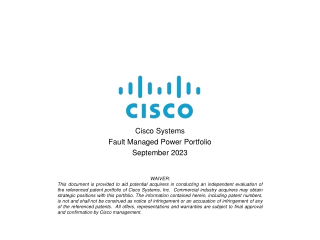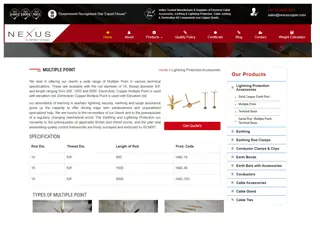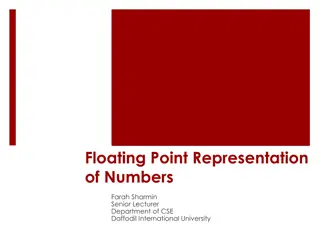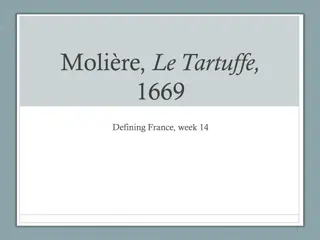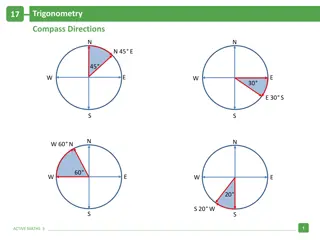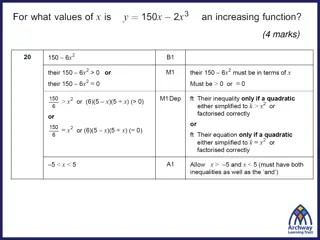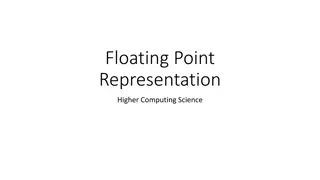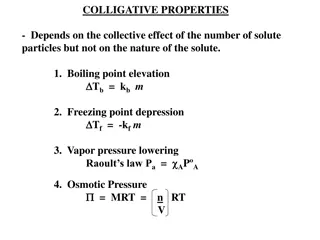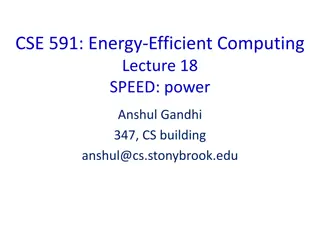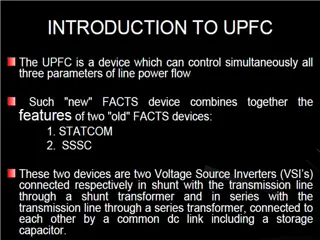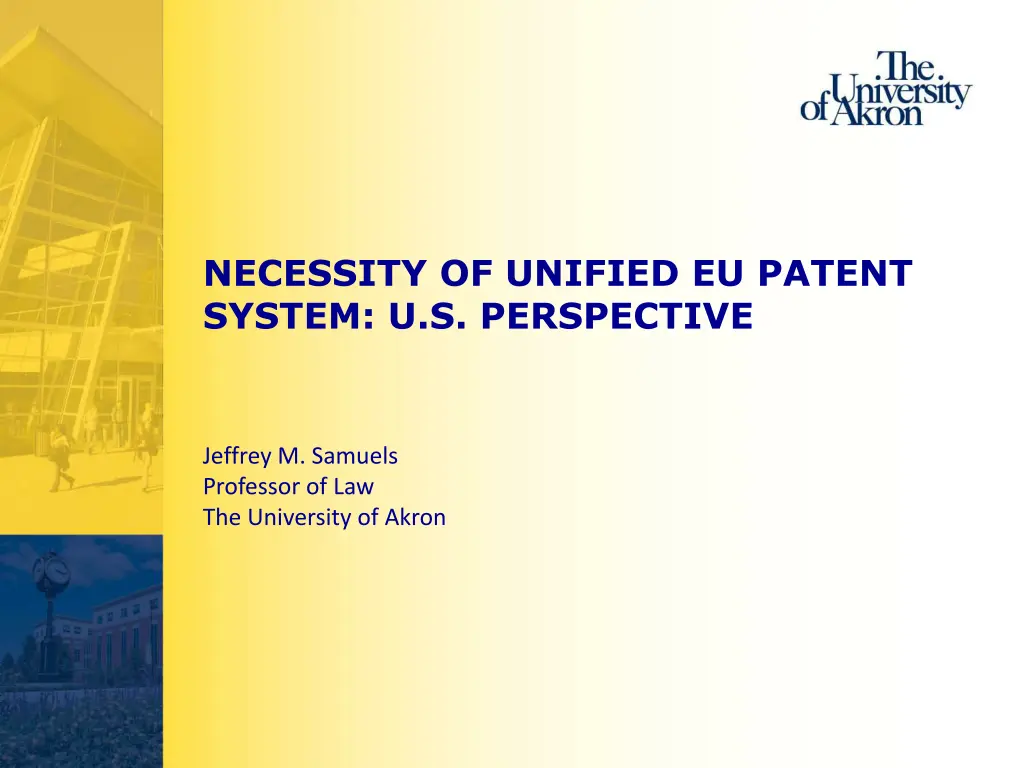
Importance of Unified EU Patent System from a U.S. Perspective
Learn about the U.S. viewpoint on the necessity of a unified EU patent system, with insights on lower costs, simplified procedures, and the desire for efficient and reliable patent processes. Explore discussions on the Unified Patent Court, U.S. experience with patent laws, recent Supreme Court patent cases, and the expertise of trial courts in the U.S. regarding patents.
Download Presentation

Please find below an Image/Link to download the presentation.
The content on the website is provided AS IS for your information and personal use only. It may not be sold, licensed, or shared on other websites without obtaining consent from the author. If you encounter any issues during the download, it is possible that the publisher has removed the file from their server.
You are allowed to download the files provided on this website for personal or commercial use, subject to the condition that they are used lawfully. All files are the property of their respective owners.
The content on the website is provided AS IS for your information and personal use only. It may not be sold, licensed, or shared on other websites without obtaining consent from the author.
E N D
Presentation Transcript
NECESSITY OF UNIFIED EU PATENT SYSTEM: U.S. PERSPECTIVE Jeffrey M. Samuels Professor of Law The University of Akron
U.S. VIEW Generally supportive because: 1. Lower costs in obtaining patents by as much as 80% 2. Simplified validation procedure 3. Fewer translation and renewal requirements 2
U.S. VIEW Like our European counterparts, US applicants are interested in high quality, efficient, and timely patent process at the lowest cost possible. They are also interested in reliable, uniform, and easily accessible enforcement procedures. -Letter from Michael K. Kirk, executive director, AIPLA, to Erik Nooteboom, EU IP Unit, dated March 28, 2006 3
U.S. VIEW Not on front-burner. Everyone preoccupied by implementation of America Invents Act Study ordered on int l patent protection for small business No U.S. IP Association has adopted formal resolution in support Our [IPO] Committees have been following developments on the unitary European patent system, which would be generally good for patent owners in the U.S. but the European system has been a moving target. April 5, 2012 email from IPO Executive Director Herbert C. Wamsley PTO Director David J. Kappos has voiced support 4
UNIFIED PATENT COURT Exclusive Jurisdiction in Respect of Validity and Infringement May result in greater uniformity and predictability Reduce forum shopping 5
U.S. EXPERIENCE Creation of U.S. Court of Appeals for the Federal Circuit in 1982 Led to more predictable interpretation of U.S. patent law Made patents more valuable Danger of bar capture Supreme Court of U.S. serves as check; Court of Justice of European Union may do the same 6
RECENT SUPREME COURT PATENT CASES Patentable Subject Matter Mayo v. Prometheus, 2012 U.S. Lexis 2316 Bilski v. Kappos, 561 U.S. ____ (2010) Nonobviousness KSR v. Teleflex Inc., 550 U.S. 398 (2007) Injunctions eBay v. Merc Exchange, 547 U.S. 388 (2006) Infringement Festo v. Shoketso Kinzoko Kogyo Kabushika, 535 U.S. 722 (2002) 7
TRIAL COURT EXPERTISE For most part, U.S. relies on judges with no specialized patent experience or juries Pilot patent program -Trial judges can elect to hear patent cases To extent, EU papent court will rely on judges with technical expertise, such would be viewed favorably by many in U.S. 8


